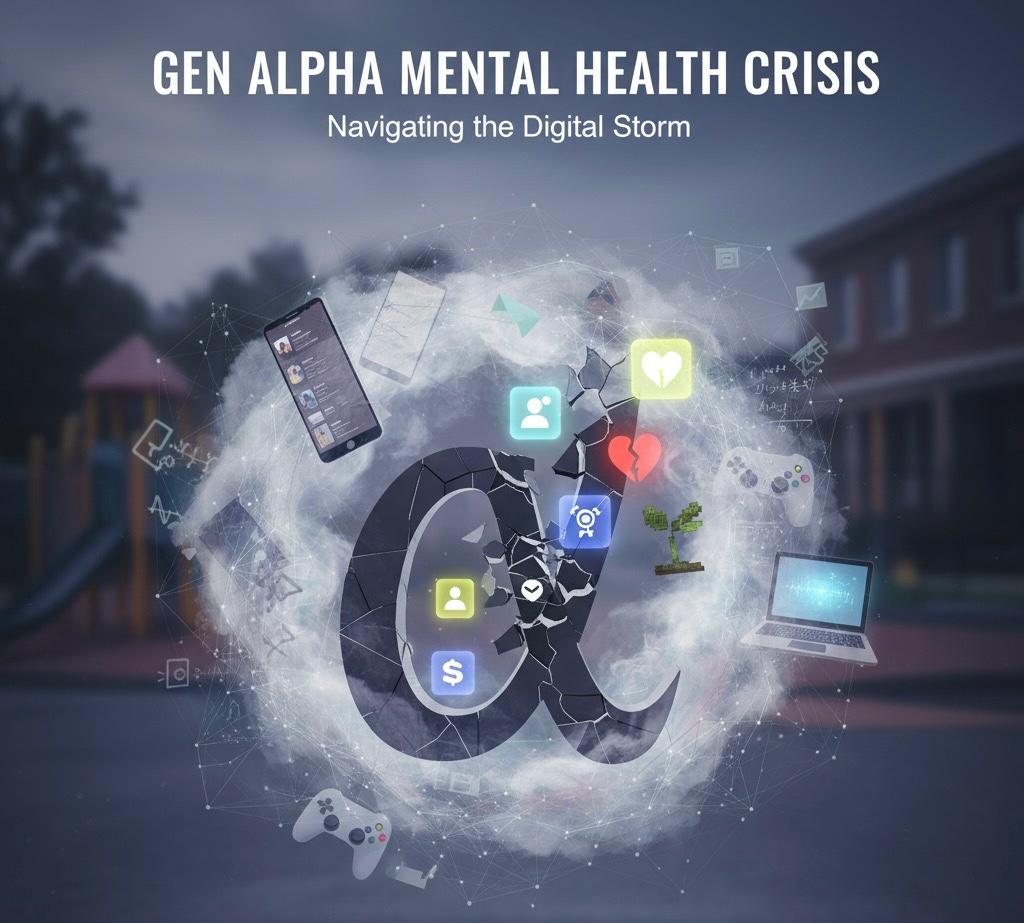In recent years, the term “trauma” has permeated everyday language and is frequently used in discussions about mental health and well-being. While raising awareness about psychological trauma is crucial, there are concerns that the term might be overused or misapplied, potentially diluting its significance and impacting the understanding of serious mental health conditions. This article explores whether the term “trauma” is indeed overused for attention, drawing on scientific research and expert opinions to offer a balanced view.
Understanding Trauma
Psychological trauma is defined as damage to an individual’s mind resulting from a distressing event or a series of events. This is typically characterised by an overwhelming amount of stress that exceeds one’s ability to cope or integrate the emotions involved with that experience. Trauma can result from incidents like abuse, accidents, natural disasters, or war, and its impact can be profound and long-lasting, leading to conditions such as post-traumatic stress disorder (PTSD).
The Popularisation of Trauma
The expansion of trauma’s definition in popular media and online discourse is partly due to increased public awareness and destigmatisation of mental health issues. More people are educated about psychological issues and more willing to discuss their experiences of distress. However, this has led to concerns about the overuse and trivialisation of the term “trauma.” A study by Fassin and Rechtman (2009) in their book “The Empire of Trauma” discusses how the broadening of the term has led to a “traumatisation of suffering” where diverse forms of discomfort are equated with trauma, potentially diminishing the experiences of those with clinically diagnosed conditions.
Potential Consequences of Overuse
- Dilution of Seriousness: When “trauma” is used to describe everyday challenges or minor incidents, it can undermine the severity and complexity of trauma as understood in clinical psychology. This dilution can affect both public perception and the therapeutic seriousness with which true trauma is treated.
- Barrier to Treatment: Misusing the term “trauma” might lead some individuals to self-diagnose serious psychological conditions without professional evaluation, potentially hindering their access to appropriate care. According to a paper by Young (2017) in the Journal of Traumatic Stress, inaccurate self-diagnosis can lead to mismanagement of personal issues and delay effective treatment strategies.
Need for Accurate Use
The clinical community and mental health advocates emphasise the importance of using psychological terms accurately. Proper use ensures that individuals who truly suffer from trauma receive the recognition and treatment they need. Educating the public about what constitutes trauma and the appropriate contexts for its use can help maintain the term’s integrity and the efficacy of mental health discourse.
Take this quick self assessment
Conclusion
While it is positive that discussions about mental health are becoming more mainstream, it is crucial to use terms like “trauma” accurately and judiciously. Overuse for the sake of attention can trivialise the experiences of those genuinely suffering from traumatic disorders and complicate professional treatment landscapes. Ongoing education and awareness efforts are essential to ensure that the discourse surrounding trauma and mental health remains respectful, accurate, and beneficial for those who need it the most.
This balanced approach not only respects those who live with trauma but also preserves the clinical value of psychological discourse, ensuring that all individuals receive the support and understanding they require.
References
- Fassin, D., & Rechtman, R. (2009). The Empire of Trauma: An Inquiry into the Condition of Victimhood. Princeton University Press.
- Young, A. (2017). Misdiagnosis of trauma: Policy and practical implications. Journal of Traumatic Stress, 30(4), 322-333.
How to get in touch
If you or your patient/NDIS clients need immediate mental healthcare assistance, feel free to get in contact with us on 1800 NEAR ME – admin@therapynearme.com.au.







